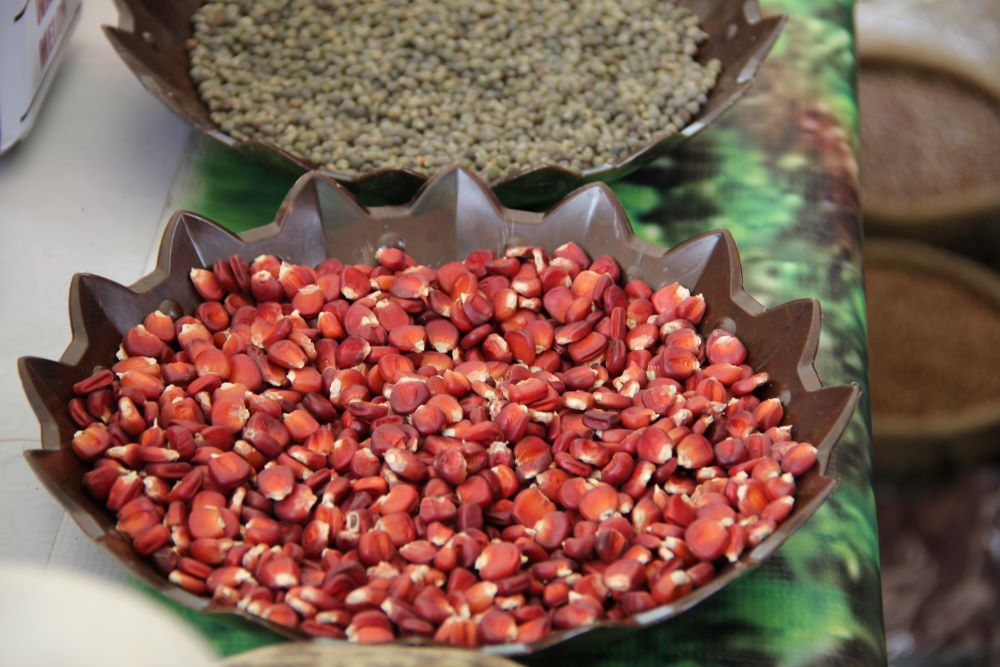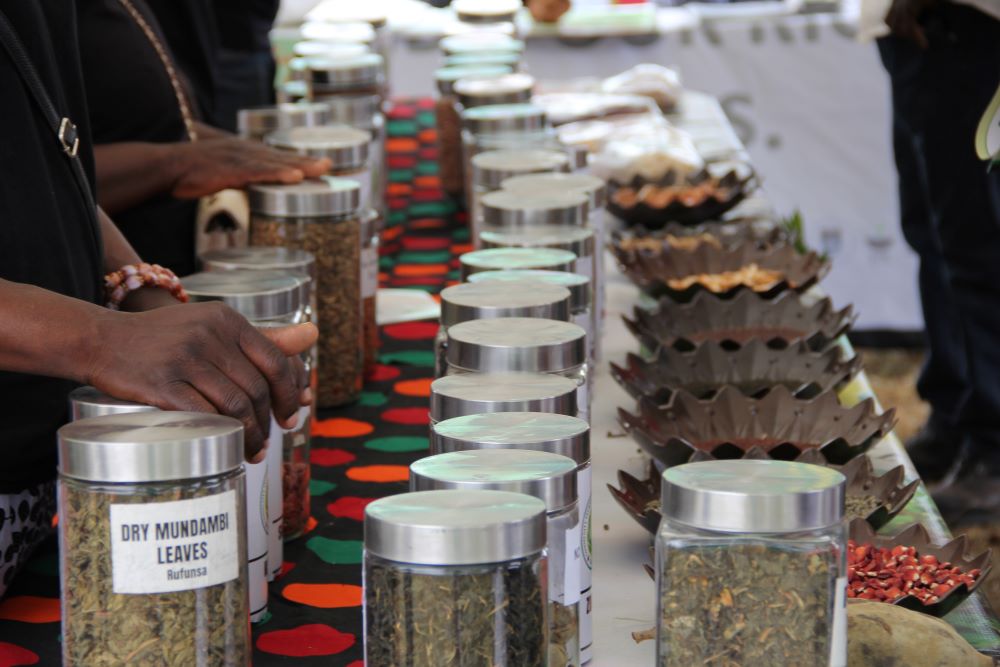
Zambia has taken a major step forward in protecting its agricultural sector with the introduction of the Plant Health Act No. 1 of 2025, a modern law designed to strengthen the country’s plant protection and phytosanitary systems.
The new Act replaces the outdated Plant Pests and Diseases Act of 1958, which had become inadequate in addressing modern agricultural challenges, especially in an era of increased trade and cross-border pest movement. The law aims to safeguard Zambia’s plant resources, regulate the import and export of plants and plant products, and enhance the country’s ability to prevent and control pests and diseases.
The Plant Health Act introduces a comprehensive framework that aligns Zambia with international standards under the International Plant Protection Convention (IPPC). It emphasizes pest surveillance, quarantine measures, plant health inspections, and laboratory diagnostics to ensure that threats to crop production are detected and managed early.
The law also mandates the registration of pest control operators, diagnostic laboratories, and plant-related facilities such as nurseries and storage sites. This ensures that all stakeholders in the plant production and trade chain adhere to clear health and safety standards.

The Act was assented to by the President on April 8, 2025, and gazetted on April 15, 2025. However, it is yet to come into force, pending a formal commencement order. This will follow after the Ministry of Agriculture finalizes subsidiary regulations, consultations, and other preparatory measures. Once the order is issued, the new law will officially replace the old Plant Pests and Diseases Act.
Once implemented, the Plant Health Act will significantly strengthen Zambia’s biosecurity and trade position. Key outcomes include:
One of the key areas the new law affects is the handling and movement of seeds. Under the Act, “plant products” include seeds, seedlings, and any other part of a plant capable of propagation. This means that seeds—whether imported, traded, or exported—fall directly under the law’s scope.
Once enforced, the Act will require that all plant materials, including seed, meet phytosanitary standards. Unregistered or uncertified seed that poses a pest or disease risk could be restricted, confiscated, or even destroyed by the Plant Health Authority.
However, the law is not aimed at punishing smallholder farmers who save or exchange traditional seed for personal use. Its main focus is on commercial seed traders, agro-dealers, and exporters, who will need to comply with new inspection, registration, and certification requirements.
The Plant Health Act also complements the existing Seed Control and Certification Act, which governs seed quality and variety registration. Together, these two laws will ensure that seed in circulation is both genetically sound and free from pests and diseases, strengthening Zambia’s biosecurity system.
The enactment of the Plant Health Act represents a progressive move by the Zambian government to modernize agricultural governance and promote sustainable crop protection. Once fully operational, it is expected to bolster farmers’ livelihoods, strengthen food security, and enhance Zambia’s reputation in regional and international agricultural trade.
